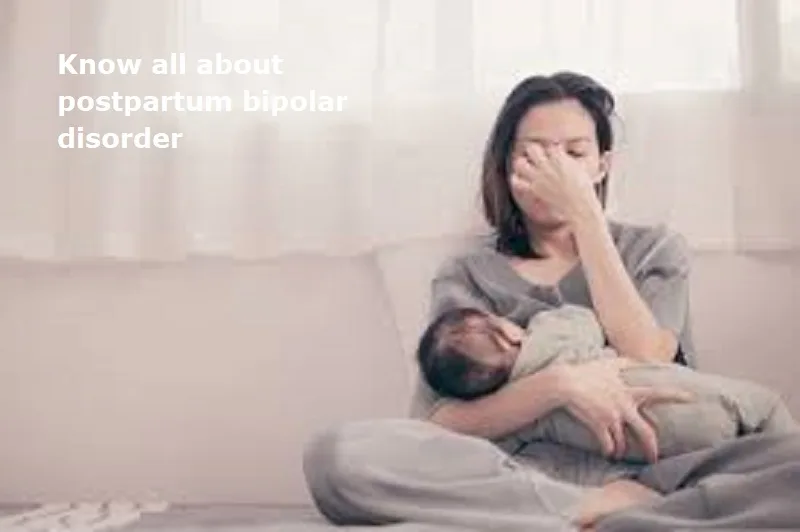
Postpartum means ‘the time after childbirth’. Most women feel ‘baby blues’ after delivery. Baby blues is feeling sad or empty, within a few days of giving birth.
Postpartum depression (PPD) is a complex mix of physical, emotional, and behavioral changes that happen in some women after giving birth. It is a form of major depression that begins within 4 weeks after delivery.
As per studies, about 1 out of every 10 of these women will develop a more severe and longer-lasting depression after delivery. About 1 in 1,000 women develop a more serious condition called postpartum psychosis.
Postpartum bipolar disorder (PPBD) is a mood disorder that is characterised by extreme mood swings between manic (high-energy, euphoric) and depressive (low-energy, sad) states. It includes the symptoms of both mania and depression. PPBD is less common than PPD.
Also Read: Healthy Habits to Fight Depression
‘Postpartum depression typically involves persistent feelings of sadness, hopelessness, fatigue, and difficulty bonding with the baby. In contrast, postpartum bipolar disorder also includes periods of mania, where a new mother may experience heightened energy, irritability, racing thoughts, and sometimes reckless or impulsive behaviour.’ said Dr Madhu Juneja, Director – Department of Obstetrics & Gynecology at Cloudnine Group of Hospitals, Pune.
The shifts between manic and depressive episodes are more intense and unpredictable in postpartum bipolar disorder. So, early detection and intervention is crucial.
The main symptoms of PPBD is sudden fluctuations in behaviour, shifting between manic and depressive episodes unpredictably. Manic episodes are characterised by elevated mood, hyperactivity, restlessness, decreased need for sleep, racing thoughts, impulsivity, and grandiosity. In contrast, depressive episodes involve intense sadness, fatigue, difficulty concentrating, withdrawal from social activities, sleep disturbances, and sometimes suicidal thoughts or feelings of worthlessness.
It is important to recognize and seek help for PPBD as quickly as possible since it can affect the well being of both the child and the mother herself.
Coping with postpartum bipolar disorder, like any other mental disorder, requires a multi-faceted approach. This approach includes seeking professional help for diagnosis and treatment, and afterwards seeking therapy and medication if required. Building a strong support system of family, friends, and healthcare professionals is crucial, as is prioritizing self-care through a healthy lifestyle, regular exercise, adequate sleep, and stress management techniques.

Post Your Comments